
When Women Invest Together, Communities Grow Stronger
By Heifer International | February 19, 2026
Women farmers in rural Rwanda are claiming credit, building capital and shaping their own economic futures.
Insights from Heifer projects and our work with partners to catalyze local solutions for global impact.

By Heifer International | February 19, 2026
Women farmers in rural Rwanda are claiming credit, building capital and shaping their own economic futures.

By Kim Kamasa | February 9, 2026

By Heifer International | February 5, 2026

By Heifer International | January 30, 2026

By Surita Sandosham | December 9, 2025

Give women farmers access to finance — and watch food systems change.

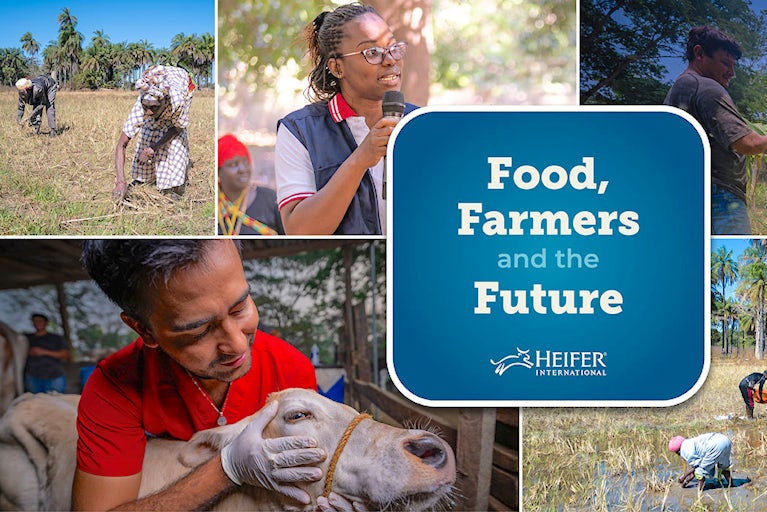
With every harvest, smallholder farmers are securing a tomorrow where hunger is a thing of the past.
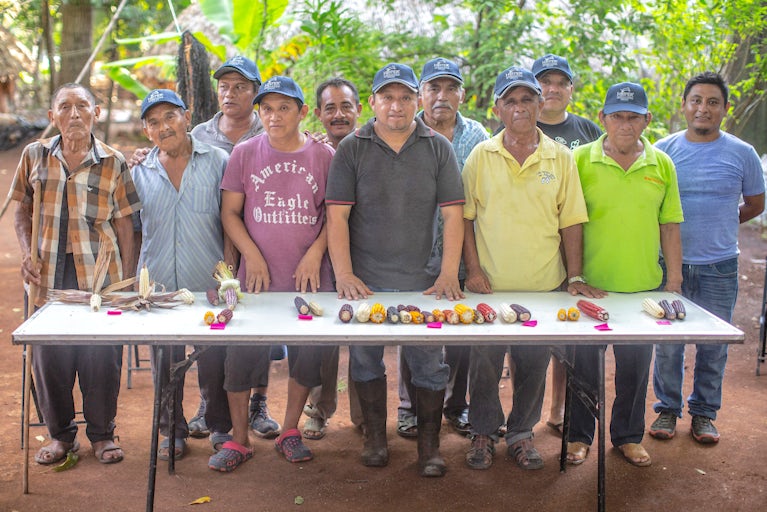
Meet Heifer’s eco-champions, smallholder farmers collectively driving sustainable change from Senegal’s drylands to Mexico’s seed sanctuaries.
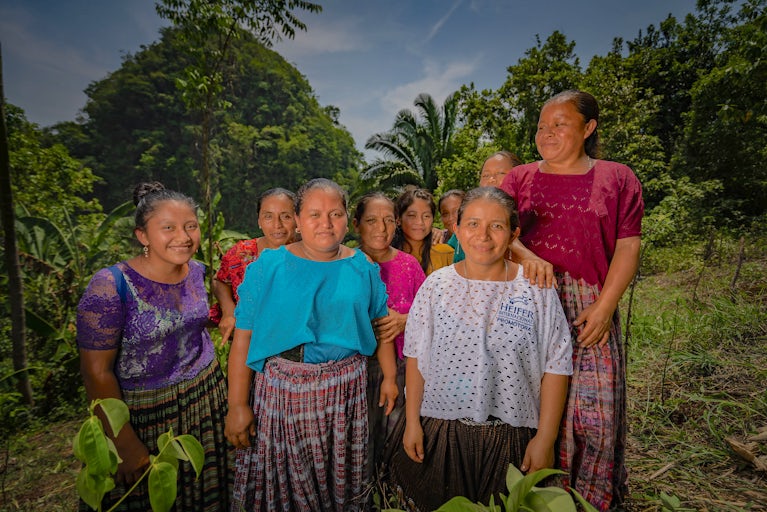
Harnessing the power of collaboration, these women are breaking new ground, sharing their wisdom and resources to cultivate a future of mutual prosperity.
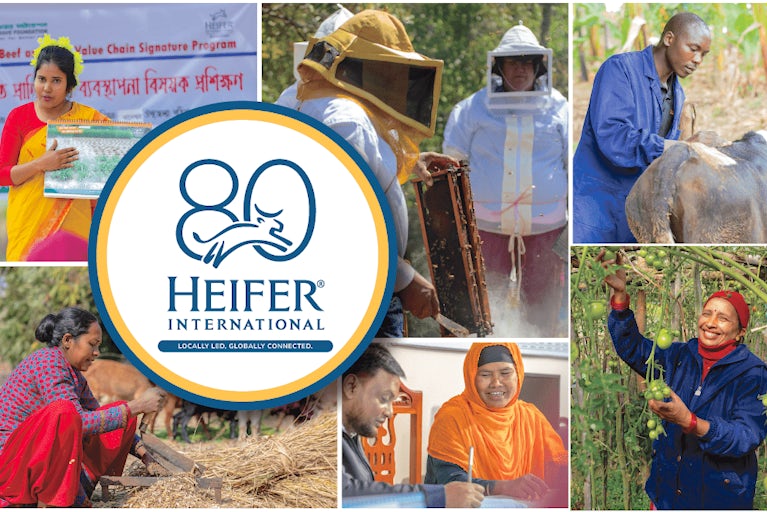
For 80 years, local visionaries have been the heartbeat of Heifer’s mission, transforming communities and crafting sustainable futures.

By Heifer International | February 19, 2026
Women farmers in rural Rwanda are claiming credit, building capital and shaping their own economic futures.

By Kim Kamasa | February 9, 2026
In rural Rwanda, a fast-growing aquatic plant helps smallholder farmers cut costs, boost production and adapt to a changing climate.

By Heifer International | February 5, 2026
Access to cooperative-led financing allows one woman farmer in rural Uganda to invest in her farm — and reclaim time, income and agency.

By Heifer International | January 30, 2026
With low-interest loans and livestock training, one mother in northern Bangladesh built a farm her family could rely on.

By Heifer International | January 13, 2026
Key moments and results from a year led by farmers at Heifer International.
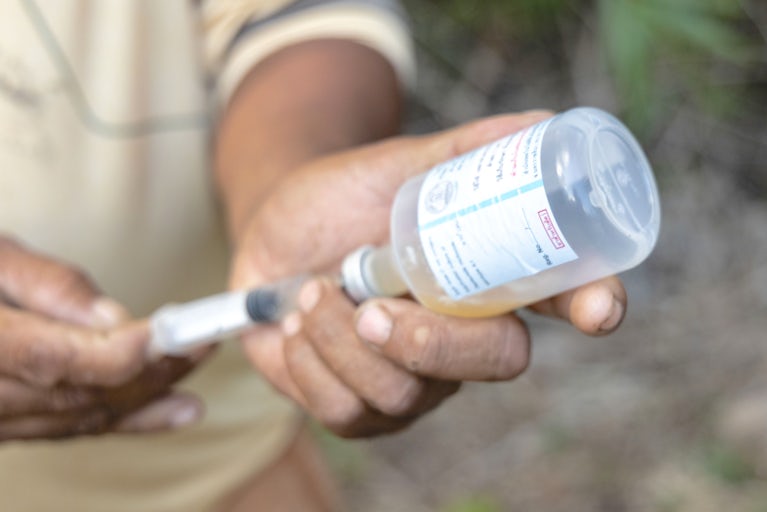
By Aimee Knight | August 1, 2025
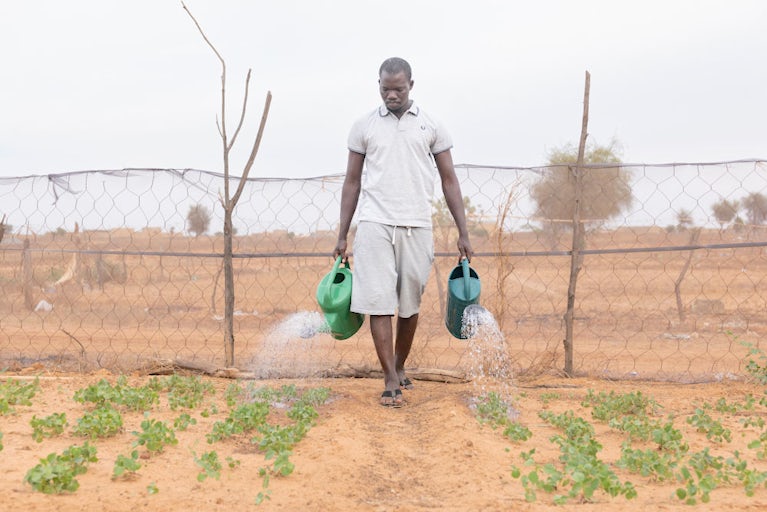
By Mark Chandler | March 30, 2023
Everyone on the planet feels the effects of climate change, but the climate crisis is especially impactful on agriculture and the world’s smallholder farmers.
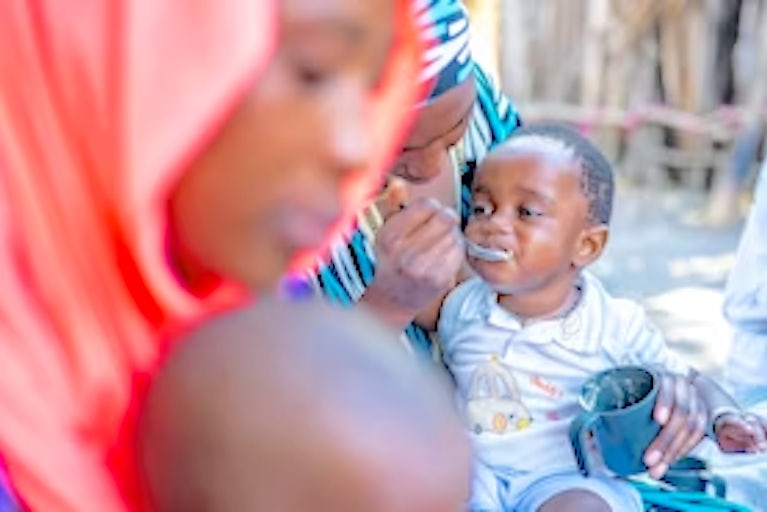
By Heifer International | October 6, 2023
Untangle the complexities of global hunger and food insecurity, why they persist and how Heifer is making a difference.

By Heifer International | December 17, 2025
A photo-based look at farmer-led work across Heifer International’s programs worldwide.

By Surita Sandosham | December 9, 2025
Across fields and markets, women farmers are leading community-rooted change that strengthens food security and builds a more equitable future.

By Sefanit Yismaw | December 4, 2025
Heifer International, Hello Tractor and Ethiopia’s Ministry of Agriculture roll out a pay-as-you-go tractor financing model that opens mechanization access for Ethiopian smallholder farmers and youth.
Cart is empty
Success!
Please be patient while we send you to a confirmation page.
We are unable to process your request. Please try again, or view common solutions on our help page. You can also contact our Donor Services team at 855.9HUNGER (855.948.6437).
Covering the transaction fee helps offset processing and administrative fees that we incur through taking payments online. Covering the transaction fee for each payment helps offset processing and administrative fees that we incur through taking payments online. Covering the transaction fee for each payment helps offset processing and administrative fees that we incur through taking payments online.
Success!
Please be patient while we send you to a confirmation page.
We are unable to process your request. Please try again, or view common solutions on our help page. You can also contact our Donor Services team at 855.9HUNGER (855.948.6437).
When you donate a gift to someone, you'll have the option to create a free card after your donation is complete.
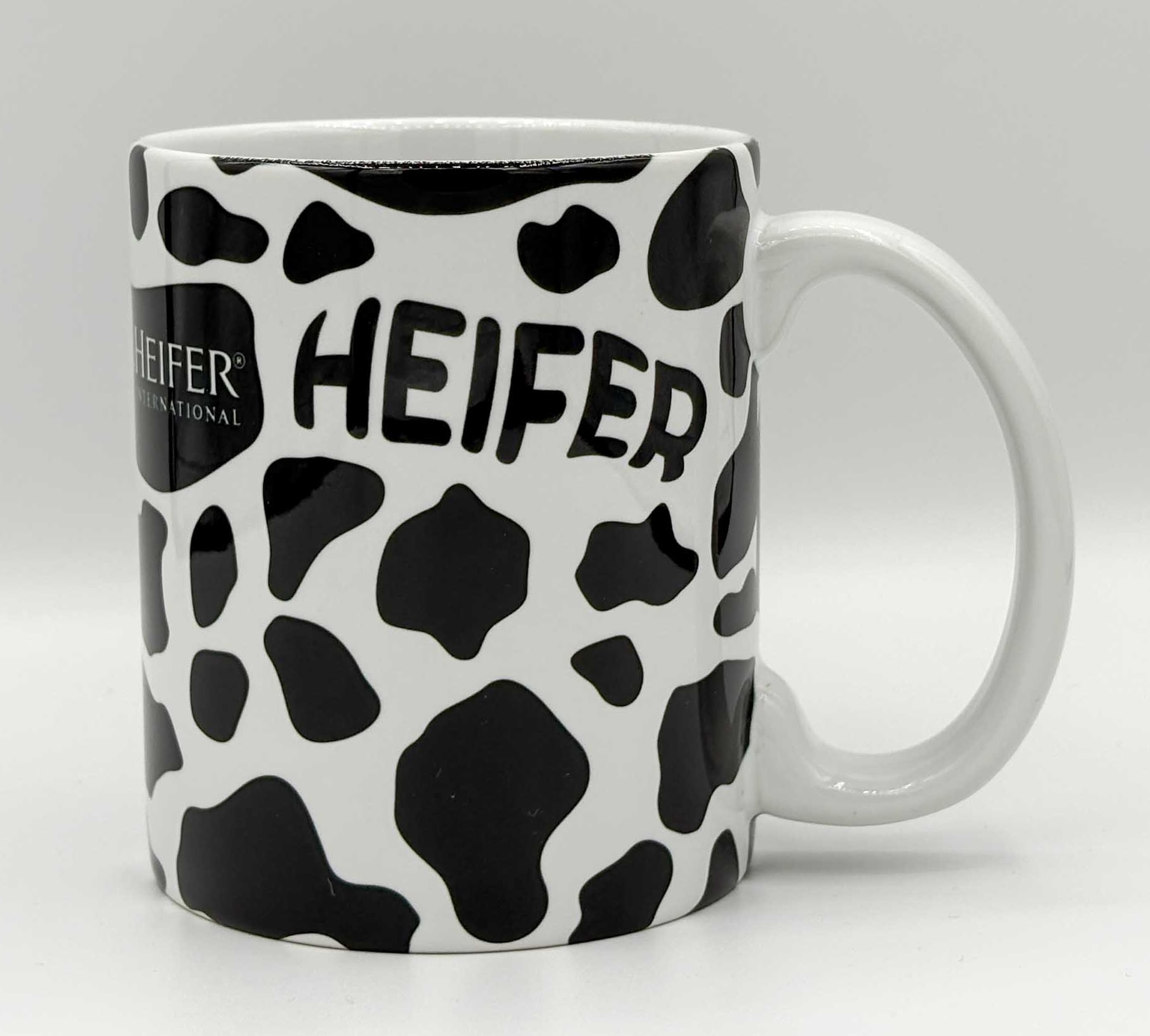
A FREE gift will be sent to supporters who choose to give a monthly gift.
Covering the transaction fee helps offset processing and administrative fees that we incur through taking payments online. Covering the transaction fee for each payment helps offset processing and administrative fees that we incur through taking payments online. Covering the transaction fee for each payment helps offset processing and administrative fees that we incur through taking payments online.

A FREE gift will be sent to supporters who choose to give a monthly gift.